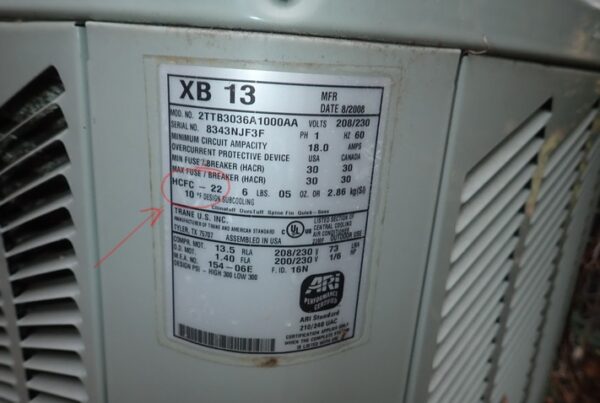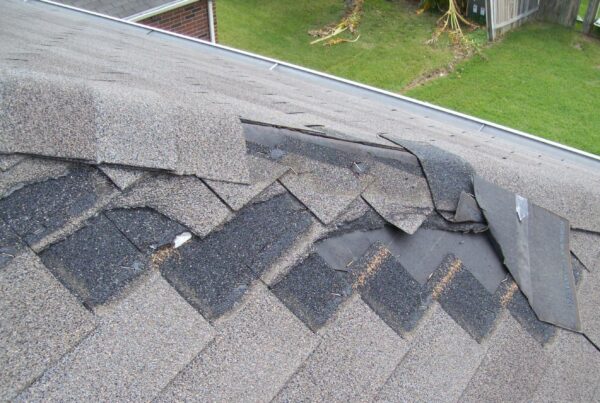Unlike the practice of medicine, engineering practice only requires licensure under certain circumstances. For engineers working in private industry, practicing under the industrial exemption is standard operating procedure. There may be many reasons why such a situation is considered acceptable; including product liability laws that may in fact help protect users of defective products. However, it has long been my opinion that permitting unlicensed engineers to practice in private industry would be similar to allowing unlicensed physicians to practice medicine simply because they are employed in hospitals rather than their own practice.
We all know there is no exemption for licensure as a physician. Similarly we all know that all lawyers must pass the bar exam and be admitted to practice in a particular state. So with medicine, law, and engineering all considered to be among the “learned professions” how is it that engineering escapes the requirement of across-the-board licensing for all those who practice?
I haven’t a good answer to that question, but I do know it is a major shortcoming in our profession.
In more recent months the United States has been subjected to at least two major engineering debacles under the auspices of the so-called “industrial exemption.” The Toyota acceleration issue and the BP Gulf Oil Spill will certainly be recorded in history as engineering failures, although the jury for each is still out.
Very shortly after the Gulf Spill began, I initiated a series of emails with various notable players at NSPE. First, I was concerned over the apparent lack of comment on the situation and second, knowing of the industrial exemption I was curious to engage our parent society in a dialogue about whether across-the-board licensing requirements for all engineers might have helped lessen the risk for an oil well blowout the magnitude of the current Gulf catastrophe.
Neither question posited received definitive answers, but I must say that NSPE assuredly took note of the situations. NSPE’s executive director issued a statement clarifying the situation with unlicensed engineers, and NSPE president Sam Grossman, PE also wrote a personal letter to me offering his view of the situation. Art Schwartz, Esq. (NSPE’s law expert) also responded.
Each had interesting comments concerning the situation, but my sense is that eliminating the industrial exemption is not a particularly high priority goal for NSPE.
I would be remiss if I did not point out that Larry’s, Sam’s, and Art’s comments were excellent in addressing the present state of things. To the extent that our dialogue commenced very shortly after the well blowout, perhaps there were behind-the-scenes efforts mustered to counter the enormous amount of damage done to the engineering profession due to lost credibility after such an accident. You might even recall that President Grossman’s remarks to us in Memphis in February 2010 included the observation that engineers in the United States do not generally get involved in the political process.
That may well be so. However, in mid-June the Department of the Interior’s Bureau of Ocean Energy (the successor to the former bureau charged with offshore oil well oversight) began requiring PE review and sign-off on well drilling operations of the type that failed in the Gulf. Larry’s comments succinctly reflected on the role of big business profit motivation in failing to properly acknowledge the importance of safe and reliable engineering practices.
These may seem like small victories, and they are. But they are victories none the less. Only when the major engineering societies recognize and acknowledge the role of licensure of engineers will a full and potent victory be achieved.
We all know that as PEs we have dedicated ourselves to protecting the health, safety, and welfare of the public. In that role we are all held personally accountable for our work product. Engineers in private industry, protected under the industrial exemption, have no such accountability. Until that issue is addressed – perhaps at the level of NSPE – situations such as that in the Gulf of Mexico may well continue to occur.
*This article had been posted in the Summer 2010 edition of The Examiner.


